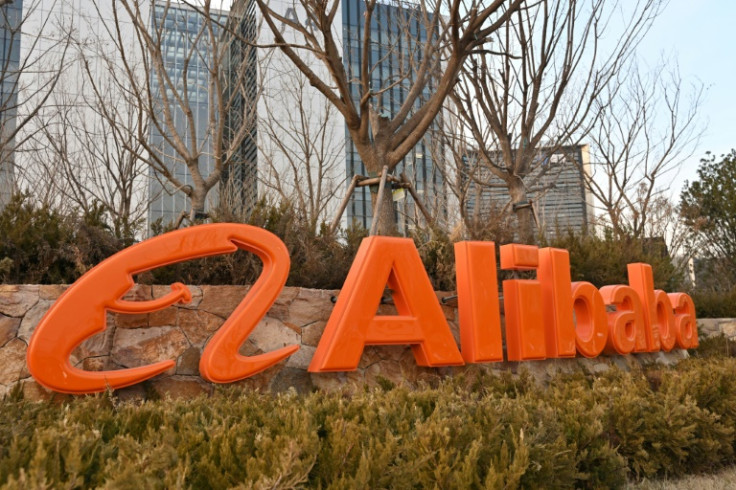China's Alibaba To Invest £42 Billion In AI, Cloud Computing
Investors have been pouring into Chinese technology stocks since the beginning of the year

Chinese tech giant Alibaba has announced plans to invest more than £42 billion ($53 billion) in artificial intelligence and cloud computing over the next three years. The announcement comes just a week after co-founder Jack Ma was seen meeting with Chinese President Xi Jinping, a rare public appearance for the billionaire.
Investors have been pouring into Chinese technology stocks since the beginning of the year, with Alibaba—operator of some of the country's largest online shopping platforms—experiencing a surge in share prices to a three-year high. The rally has been further fuelled by the company's strong sales performance, which was revealed last week, signalling a potential recovery for the sector after years of regulatory pressure.
Major AI and Cloud Investment
Alibaba confirmed its ambitious plans in a company statement, saying it intends to 'invest at least 380 billion yuan (£42 billion / $53 billion) over the next three years to advance its cloud computing and AI infrastructure'.
The firm described the strategy as 'reinforcing Alibaba's commitment to long-term technological innovation... (and) underscoring the company's focus on AI-driven growth'. However, the statement did not specify exactly how the funds would be allocated or which projects would benefit from the investment.
Alibaba did note that this expenditure would exceed its total spending on AI and cloud computing over the past decade, highlighting the scale of its commitment to the sector.
Stock Market Surge and Investor Optimism
The investment announcement follows Alibaba's latest financial results, which revealed an eight per cent rise in revenue for the three months to December, surpassing market expectations. The company reported earnings of 280 billion yuan (£31 billion / $39 billion), prompting a 14 per cent surge in its Hong Kong-listed shares last Friday.
CEO Eddie Wu stated that the results 'demonstrated substantial progress in (Alibaba's) "user-first, AI-driven" strategies and the re-accelerated growth of our core businesses'.
Alibaba's resurgence marks a stark contrast to the challenges the firm and its industry peers have faced in recent years. Since 2020, Chinese technology companies have suffered from a regulatory crackdown that dampened investor confidence and slowed growth. However, the mood in the sector has shifted in recent months, driven in part by the launch of a chatbot by Chinese AI startup DeepSeek, which has reinvigorated enthusiasm for artificial intelligence.
Government Relations and Economic Outlook
The renewed momentum in China's tech sector coincides with continued economic struggles, including weak consumer spending and an ongoing property market downturn. Against this backdrop, Beijing appears to be extending a more supportive stance towards private enterprises.
At a rare meeting with business leaders last week, President Xi Jinping acknowledged the difficulties facing the economy but insisted they were 'surmountable'. His remarks were widely interpreted as an effort to reassure investors and strengthen ties with China's biggest firms, including Alibaba.
The presence of Jack Ma at the meeting was particularly notable. Once China's most high-profile entrepreneur, Ma has kept a low profile since 2020, when regulators blocked the blockbuster IPO of Alibaba's financial affiliate, Ant Group. His inclusion in discussions with Xi has fuelled speculation that the billionaire could be returning to a more active role in China's business landscape.
While Alibaba has not directly linked its investment plans to the meeting with Xi, the timing of the announcement suggests a growing confidence in the company's future amid shifting government attitudes.
With this massive investment in AI and cloud computing, Alibaba is positioning itself to remain a dominant force in China's technology sector while capitalising on the global AI boom. Investors will be watching closely to see how the firm executes its strategy and whether Beijing's approach to big tech continues to evolve.
© Copyright AFP 2025. All rights reserved.





















